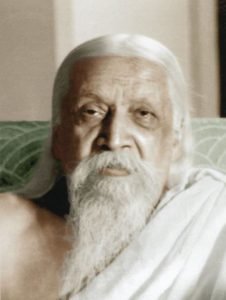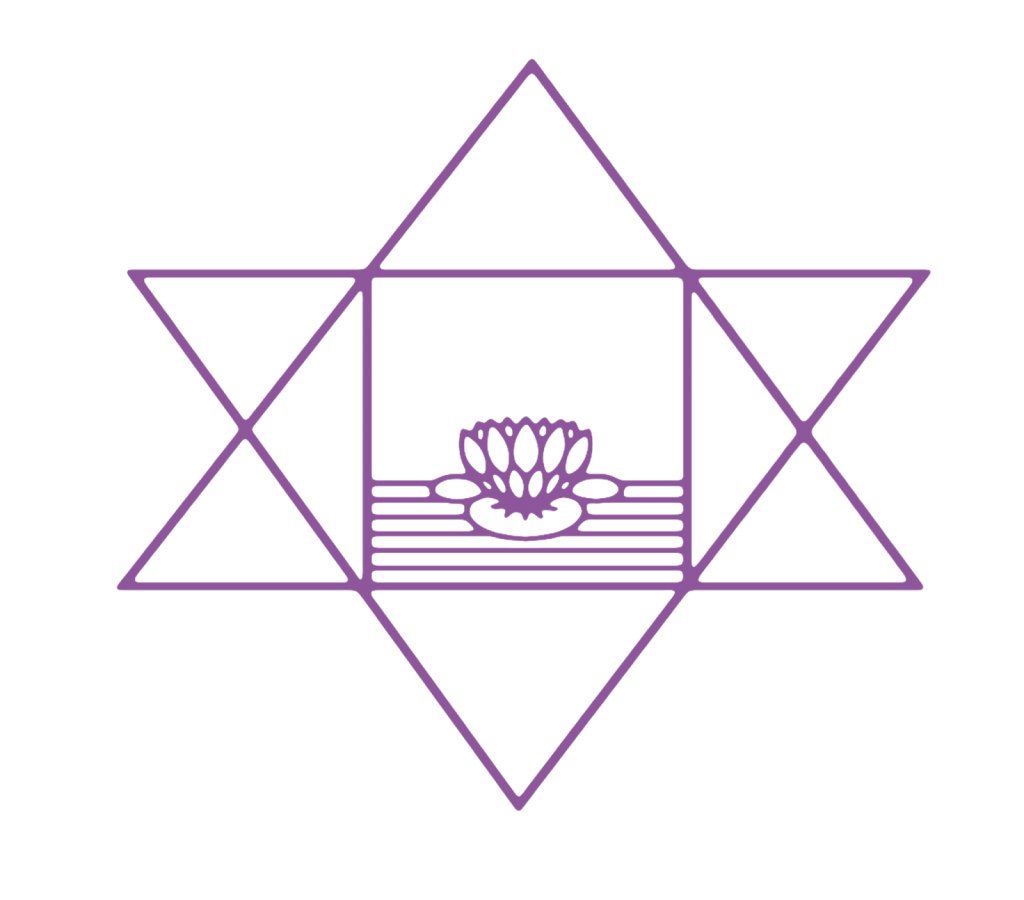Sri Aurobindo
Sri Aurobindo

Sri Aurobindo (born Aurobindo Ghose; 15 August 1872 – 5 December 1950) was an Indian philosopher, yogi, guru, poet, and nationalist.
At the age of seven he was taken to England for education. There he studied at St. Paul’s School, London, and at King’s College, Cambridge. After returning to India he took up various civil service works under the maharaja of the princely state of Baroda and became increasingly involved in nationalist politics and the uprising revolutionary movement in Bengal. He was arrested in the aftermath of a number of bomb outrages linked to his organisation, but in a highly public trial where he faced charges of treason, Sri Aurobindo could only be convicted and imprisoned for writing articles against British rule in India.
During his stay in the jail, he had mystical and spiritual experiences, after which he moved to Pondicherry, leaving politics for spiritual work.
During his stay in Pondicherry, Sri Aurobindo developed a method of spiritual practice he called Integral Yoga. The central theme of his vision was the evolution of human life into a life divine. He believed in a spiritual realisation that not only liberated man but transformed his nature, enabling a divine life on earth. In 1926, with the help of his spiritual collaborator, Mirra Alfassa (referred to as “The Mother”), he founded the Sri Aurobindo Ashram.
His main literary works are The Life Divine, which deals with theoretical aspects of Integral Yoga; Synthesis of Yoga, which deals with practical guidance to Integral Yoga; and Savitri: A Legend and a Symbol, an epic poem.
What is the meaning of Symbol?
- The descending triangle represents Sat-Chit-Ananda.
- The ascending triangle represents the aspiring answer from matter under the form of life, light and love.
- The junction of both – the central square – is the perfect manifestation having at its centre the Avatar of the Supreme – the lotus.
- The water – inside the square – represents the multiplicity, the creation.
The Mother
© Copyright 2019 aurocenter.
Designed & Developed by Paperboat Tech Solutions

